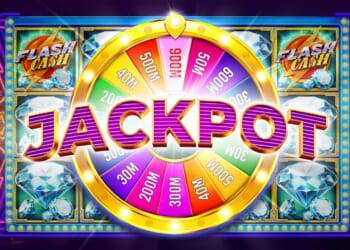President Donald Trump has ordered a strong national response to violent crime in Washington, DC, by deploying 800 National Guard to restore law and order. Believe it or not, this bold move can save more black lives than the Black Lives Matter movement. This is especially true in communities that have borne the heaviest burden of violent crime.
You don’t need a PhD in policy to see the pattern. Where order is restored and laws are enforced, violence falls and trust returns. The question is not whether to act but rather how aggressively and decisively to protect the innocent, restore safety, and give families a real chance to thrive.
Crime statistics in DC illustrate the stakes. In recent years, violent crime in the District has run well above the national average, with homicide and other violent offenses comprising a large share of the total. The burden is not shared equally. The neighborhoods hit hardest are often those with the most opportunity for recovery when public safety is prioritized.
DC has seen declines in certain years after tough-on-crime and community-police strategies were intensified, showing that targeted enforcement paired with community engagement can produce real gains.
The bottom line: When the city projects resolve, crime trends bend toward safety.
Across America, the pattern in crime statistics is sobering and statistically relevant. Black Americans are disproportionately represented in crime data in many categories — both as offenders and as victims — reflecting a complex mix of socioeconomic factors, cultural practices, and historical voting for policies and politicians that exacerbate problems instead of solving them.
As a member of this group, I cast broad blame on many factors related to poverty and behaviors. I also must emphasize policy choices that work: empowering local law enforcement with the resources they need, investing in street-level crime prevention, supporting families and schools, and addressing root causes like addiction, joblessness, and unstable housing.
Stronger deterrence, coupled with real opportunity, can reduce violence in communities that have felt the most pain.
The fundamental truth is simple: Public safety is not a partisan football. It is a universal responsibility. When leadership acts decisively to restore order, protect the vulnerable, and pursue proven crime-prevention strategies, lives are saved, trust is rebuilt, and America strengthens its communities.
Black Americans across the country are thanking President Trump and waiting for similar moves in Baltimore, Chicago, St. Louis, Memphis, Atlanta, New York, San Fransisco, and elsewhere.















